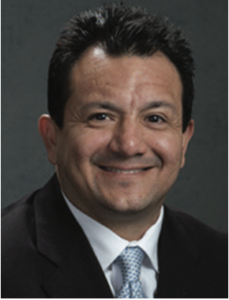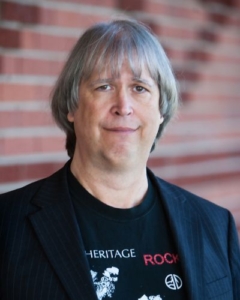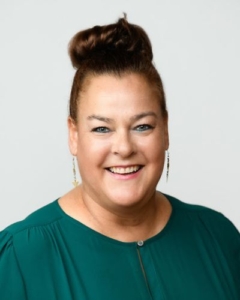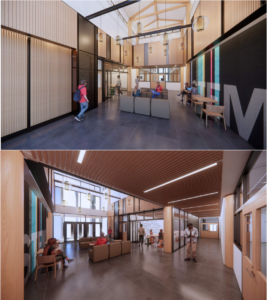News Briefs – Wings Spring 2025
Tri-Cities regional site director named a person of influence

Martin Valadez
The Tri-Cities Area Journal of Business recognized Tri-Cities Regional Site Director Martín Valadez as one of 25 People of Influence. Honorees were recognized as “decision-makers who helped shape the Tri-Cities region in the past year.” They are “thought leaders and industry innovators who give back, both in the business world and the community at large.”
Valadez and the other honorees were recognized during an awards ceremony in March at the Zintel Creek Golf Course in Kennewick.![]()
Professor making a name for himself in the chess world

Loren Schmidt
Literature and Language Professor Dr. Loren Schmidt is a master chess player whose prowess on the board is turning heads. After taking a hiatus from playing, he recently returned to over-the-board chess. After a year and a half of playing, he currently ranks 7th out of the top 100 players in the Over 65 (regardless of country, residence or federation) category, and 29th out of 100 in the Age 50 and Over (regardless of country, residence or federation) category by the United States Chess Federation. The federation configures members’ ranking based on their performance in tournaments played against other rated players. Wins against stronger opponents increase their rating, while losses to weaker players decrease ratings.![]()
Professor publishes book on challenges of child-free K-12 educators

Catherine Zeisner
Educational Administration program chair Dr. Catherine Zeisner’s new book, Experiences of Child-Free PK-16 Educators: Bias, Perspectives, and Assumptions, was released in paperback in January. The book delves into child-free educators’ challenges, highlighting biases and societal expectations in education, psychology, and gender studies. The publication is available through Amazon and other online academic booksellers.![]()
Remodel of Kathleen Ross, SNJM Center underway

Renderings of the STEM Learning Center remodel in the Kathleen Ross, SNJM Center. Top picture is the view towards the Don North Library; bottom shows the view towards the entrance to the left and the Academic Skills Center to the right.
Heritage launched an ambitious remodeling project for the Kathleen Ross SNJM Center in December. This is the first major remodel of the building, which was constructed in 1993. While the library will remain untouched, the rest of the building is being revamped to house the new Adelante STEM Learning Center. The center will include new math and computer science classrooms, a maker space and study rooms.
“The remodel will enhance STEM education opportunities,” said Dr. Melissa Hill, vice president of academic affairs and provost. “The new Adelante STEM Center will significantly improve the university’s offerings in STEM fields, providing state-of-the-art math and computer science classrooms with the latest teaching technology. These upgrades will foster a more conducive learning environment for STEM students, helping them gain practical skills and hands-on experience.”
When completed, the Adelante STEM Learning Center will be adjacent to the Academic Skills Center, allowing easy access to tutoring, collaborative workspace and technology to students in both areas.
“The remodel will create a more modern, functional space for academic work, research, and community engagement, improving the overall campus environment and student experience,” said Hill.
The remodel is expected to be completed in mid-April. Departments and classes that were previously housed in the building have been temporarily relocated on campus.![]()
HU and WSU joint robotics project garners award for students

Six Heritage students were among a group of 10 to receive the Excellence in Small Farms Technology Award during the Farm Robotics Challenge at the University of California.
Osmar Alvarez, Apol Medrano, Salvador Ayala, Robert Barragan, Bethany Navarro, and Michaela Dodsondance were part of a joint project between Heritage and Washington State University. The team of 10 was charged with developing a robotic solution to address issues that impact the agricultural industry. The students worked with Washington state tree fruit growers to learn about theefficiency of collecting harvested fruits in the orchards. From their conversations, they developed a robot that would move autonomously through the orchard, picking up bins full of fruit, taking them to a central collection location, and repeating the process until all the fruit was gathered.
Heritage students specifically worked on the visual, mechanical and design aspects of the project.![]()
